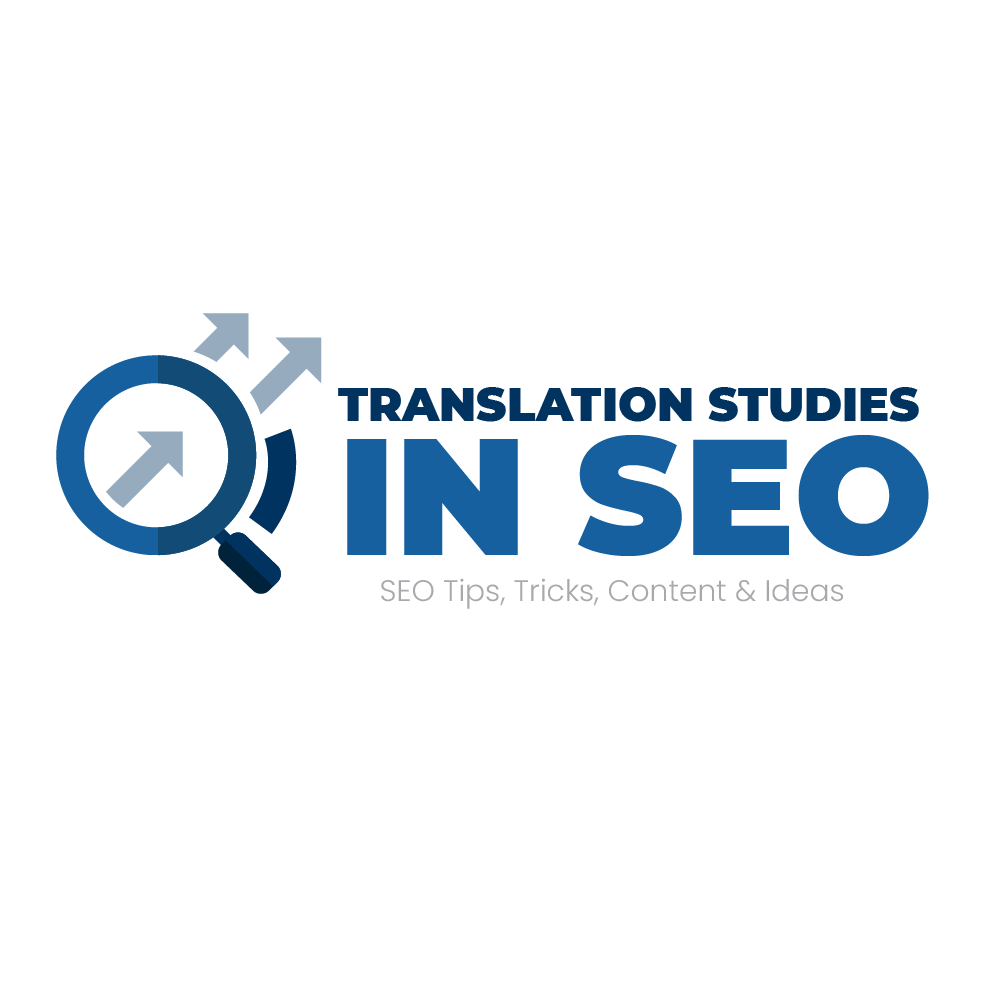
Search engines are computer programs designed to identify pages relevant to a search query by “crawling” the Internet for pages, indexing them and ranking them based on quality and relevancy.
Pages’ metadata such as the metatitle and description provide instructions to searchbots, while file names and alt text provide other instructions.
Keywords
Keywords are at the core of search engine optimization (SEO) strategies, helping search engines connect relevant content to relevant searches. Furthermore, keywords play a vital part in any online marketing campaign.
Keyword research is an ongoing process. Top SEOs must constantly sift through and adjust their keyword lists in order to ensure they use only relevant words for their business, which can take some time but is essential for optimal performance of SEO strategies.
When selecting keywords, it’s essential to keep user intent and competition in mind when choosing them. Your selections should be specific enough to reach your target audience while still drawing in potential new customers from across the board. Also important are evergreen and topical keywords – evergreen keywords usually have consistent search volumes, while topical ones might include seasonal (e.g. gift ideas for Valentine’s day or covfefe) terms that have cultural or seasonal relevance; taking all these factors into consideration can ensure you achieve maximum SEO results from your efforts!
Content
Search engine optimization (SEO) relies heavily on content – both textual and coded elements on web pages are taken into consideration to ascertain their relevancy to queries submitted to search engines.
Content creation can also be affected by how a page is organized – including URLs, heading tags and internal linking – while technical SEO factors such as site speed, mobile-friendliness and usability, schema markup and avoiding intrusive interstitials are all critical considerations.
Content on a page must also be relevant and useful to searchers, covering areas in which its author possesses expertise and experience, using keywords people search for frequently and being free of grammatical errors. Achieving this requires extensive knowledge of search engine algorithms as well as commitment to producing helpful, relevant material that earns search engines’ trust – the only way to rank highly with them.
Link building
If you want your web pages to rank well in search engines, they need links – known as backlinks – which play an integral part in SEO ranking factors. Search engines treat backlinks as votes of confidence from readers; therefore, the more high-quality backlinks your pages have, the higher they’ll rank in search results.
To build quality backlinks, it is crucial that you know what actions (and inactions) to take. Here are a few effective link building tactics and strategies:
Social engineering can be an effective strategy to gain links. By finding broken links on other websites and reaching out to their owners to suggest your content as a replacement link, this method may work. But be careful: Google might detect any signs of manipulation and penalize your site – instead focus on producing quality content worthy of linking that will attract links naturally over time.
Navigation
Search engines’ primary function is connecting users with the information they require, which means providing the highest-quality results for every search query. Their success relies on providing users with an enjoyable user experience, driving traffic towards websites that appear most pertinent to user searches. While earlier search engines relied heavily on ranking factors under webmaster control (such as keyword density), current generation engines increasingly rely on more difficult-to-manipulate elements as ranking signals.
As website owners know, search engines need help understanding their content more thoroughly. By making small tweaks to their sites, website owners can have an impactful effect on organic search results for their pages. Optimizing for search engines may be complex; however it can yield long-term benefits to both visitors and revenue of a site. Learn how Mailchimp can assist with optimizing for search engines today.
